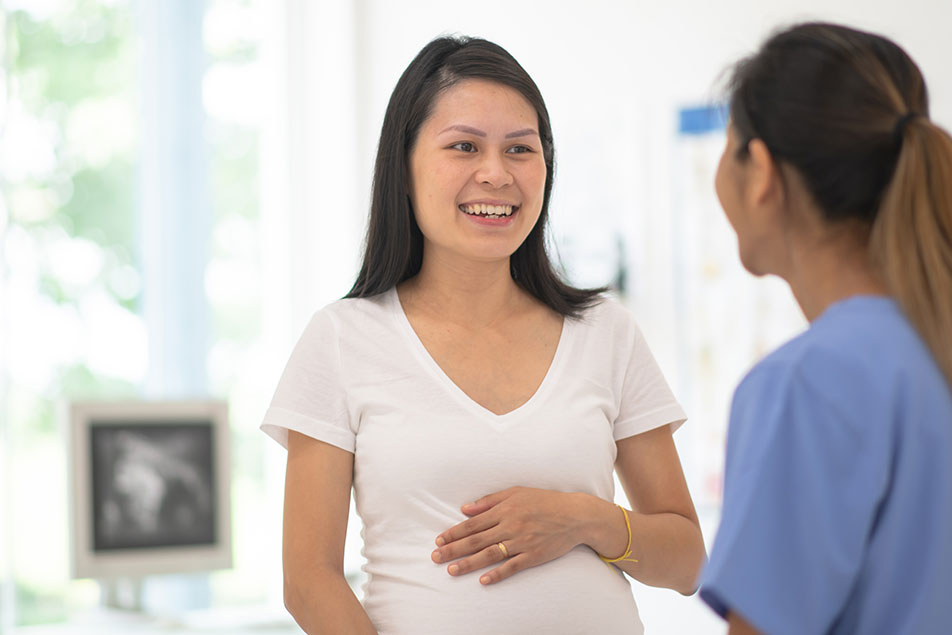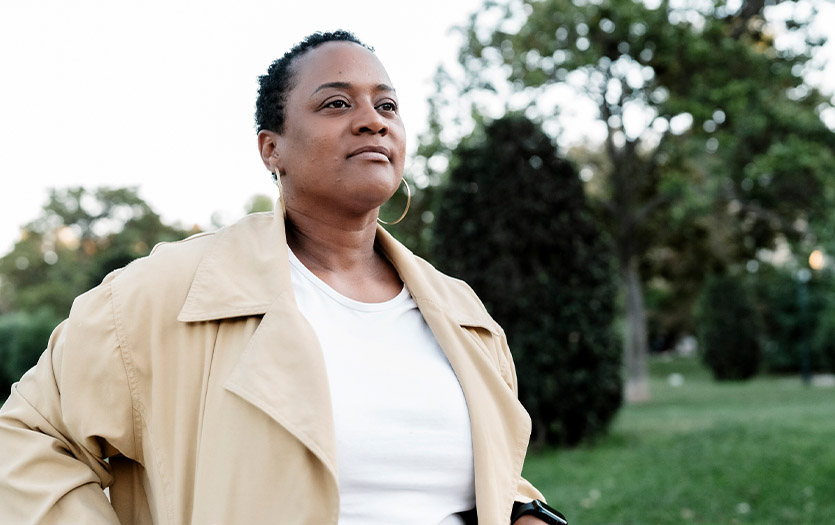
This post was written by Erin Norton, RN, BSN, MBA, Director of Community Outreach, Parkview Women’s & Children’s Hospital.
Whooping cough is a contagious respiratory disease that is especially dangerous for babies. Because symptoms are initially similar to the common cold, it is possible for someone to spread whooping cough without even knowing they have it. Below are some frequently asked questions and information about how to keep your baby safe.
What is whooping cough?
Whooping cough, or pertussis, is a highly contagious respiratory infection caused by the bacterium Bordetella pertussis.
How is whooping cough spread?
The disease is transmitted from person to person through coughing and sneezing.
What are the symptoms of whooping cough?
Initially, symptoms are similar to that of the common cold, such as a runny nose, nasal congestion, fever, cough, and red, watery eyes. Later, thick mucus leads to severe, uncontrollable coughing. Sometimes a person makes a high-pitched “whoop” sound at the end of the cough as they are trying to take in air. Infants may have trouble breathing.
Is whooping cough dangerous for babies?
Yes. Infants are at greater risk for severe complications, including stopped breathing, pneumonia, seizures, brain damage and even death.
How can I prevent whooping cough?
The best way to prevent whooping cough is through vaccinations. Children should receive the DTaP vaccine at 2 months, 4 months, 6 months, 15–18 months and 4–6 years. Kids should also receive a Tdap booster shot around age 11. Pregnant women should receive the Tdap vaccine during pregnancy. Tdap vaccines are also available for adults who haven’t previously received it. It is also important to practice good hygiene, including covering your mouth when you cough or sneeze, and washing your hands.
How can I keep my baby safe?
Pregnant women should receive the Tdap vaccination. Some immunity is passed to baby, which provides short-term protection. Breastfeeding can also provide some protection. Make sure all of the children and adults your baby interacts with have been fully vaccinated.
I had a baby two years ago and received the Tdap vaccine. Do I need to get another with my current pregnancy?
Yes. The protective antibodies in your bloodstream decrease over time. Getting the vaccine during each pregnancy will provide each baby with the best protection possible.



